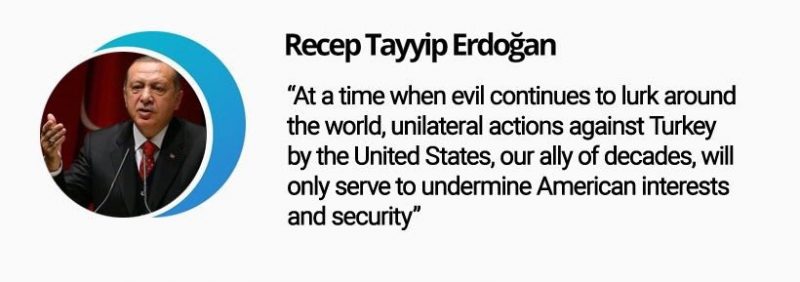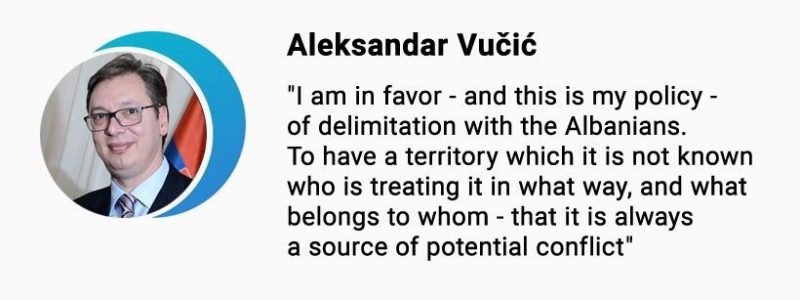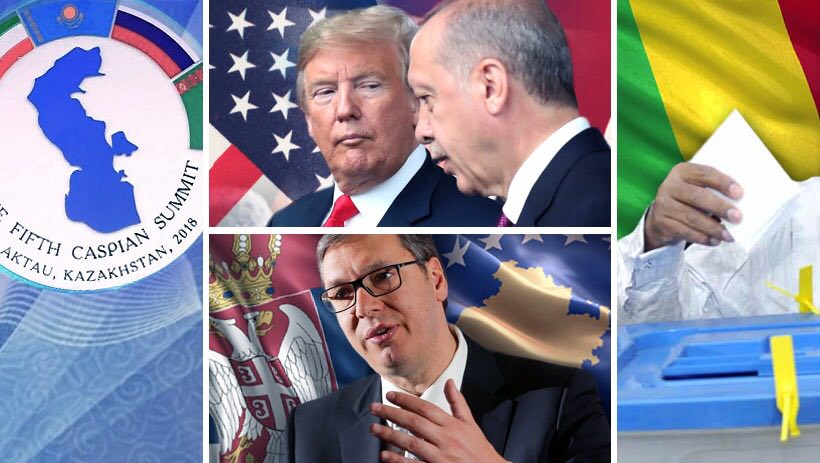Turkey enters real economic war with US
The escalation of tensions between Turkey and the US is growing fast: this week American president Donald Trump doubled tarrifs on Turkish steel and aluminum imports. Having been strategic partners for more than 60 years, Turkey and the US are now facing the biggest crisis in the history of their relationship. The deterioration in relations started in 2016, after the attempted Gulenist coup d’etat. US tarrifs on steel and aluminum were characterized by Erdogan as totally disrespectful. He then announced Ankara’s readiness to refuse the dollar and euro in the country’s international trade. It is possible that Turkey will initiate talks with NATO about changes in Turkey’s participation in the Alliance.
I have just authorized a doubling of Tariffs on Steel and Aluminum with respect to Turkey as their currency, the Turkish Lira, slides rapidly downward against our very strong Dollar! Aluminum will now be 20% and Steel 50%. Our relations with Turkey are not good at this time!
— Donald J. Trump (@realDonaldTrump) August 10, 2018

The Kosovo question
Serbian President Aleksandar Vucic on 10th of August said that he stays in favor of “delimitation” with Albanians in Kosovo and Metohija. He added that right now these territories are “the source of potential conflicts and problems”, because “it is not known how to treat them and to whom they belongs.”
In 1999, after the collapse of Yugoslavia in Kosovo, the international military contingent (KFOR) began operations. The territories were formally administered by the UN, and then in 2008 the decision of Kosovo Albanians to seek independence was supported by the US, Europe and NATO.

Presidential Elections in Mali
The second round of presidential elections in Mali took place on the 12th of August. In the first round, the current president Ibrahim Boubacar Keita had 42% of votes, which is shy a clear majority. His concurrent is the opposition frontrunner Soumaila Cisse. The elections in Mali are taking place against a background of difficult conditions such as mass protests and militants’ attacking polling stations.
The Fifth Caspian Summit in Kazakhstan
On the 12th of August the presidents of Azerbaijan, Iran, Kazakhstan, Russia and Turkmenistan discussed the key aspects of cooperation in the Caspian region in the ecological, economical and security spheres. They also reviewed the implementation of decisions made during previous meetings of the ‘Caspian five’ group.
The core event of the summit was the signing of the Convention On the Legal Status of the Caspian Sea, which has been in development since 1996.

















Leave a Reply